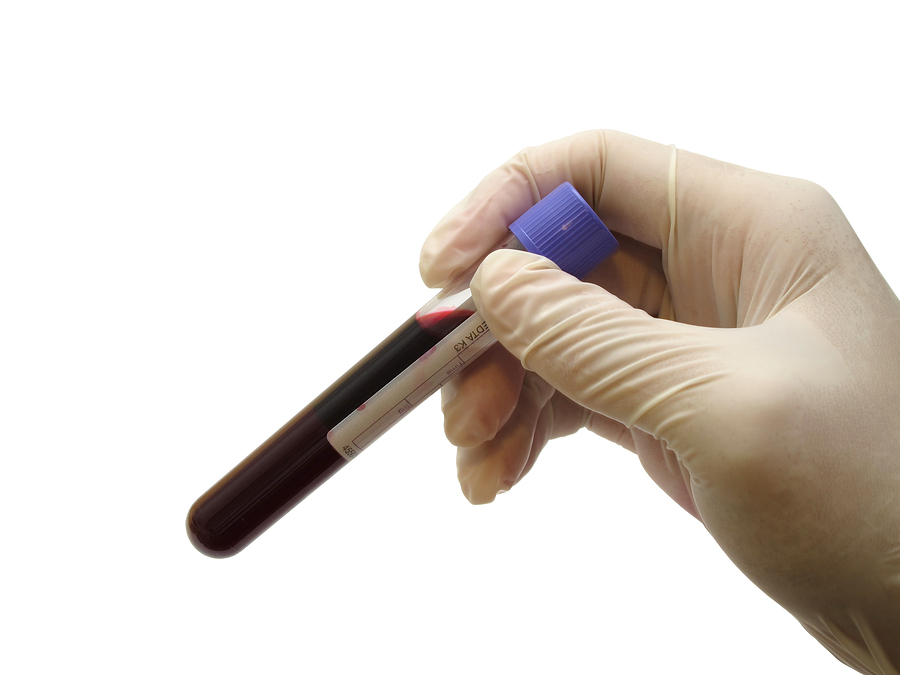Researchers from the Washington University School of Medicine developed a new blood test that can detect early signs of Alzheimer’s disease years before people develop memory loss, with up to 94% accuracy.
The journal Neurology recently published their findings, which state that damaging clumps of the protein amyloid beta start to build up in the brains of people up to twenty years before they are aware they have symptoms of Alzheimer’s. The new test measures the levels of the protein in the blood to detect whether it has accumulated in the brain.
RELATED STORY:
The blood test, combined with the other risk factors for Alzheimer’s, such as the presence of a specific genetic variant and age, can identify those with early Alzheimer’s brain changes with a 94% success rate.
The technique used in the test is called mass spectrometry. It measures the amounts of two forms of amyloid beta in the blood. The ratio of these two proteins decreases as the amount of deposits of the protein in the brain increases. Researchers examined data from 158 adults of a period of several years and compared the results from the blood tests to PET brain scans, which also check for evidence of Alzheimer’s disease. The test and scan matched in 88% of the cases, but when they accounted for other major risk factors, researchers saw accuracy increase to 94%.
RELATED STORY:
According to the researchers, the blood test could be an excellent way to recognize the disease early. For years, the PET scan has been considered the “gold standard” method of detection. They indicated that the blood test could be in doctors’ offices within the next few years.
Typically, it is a challenge to conduct clinical trials of preventative drug treatments for Alzheimer’s because of the difficulty in identifying participants who have the disease but are not yet experiencing symptoms. The new blood test could allow the screening of people with very early signs so they can take part in trials to find out if a particular drug can prevent the disease.
RELATED STORY:
Senior author Dr. Randall Bateman, the Charles F. and Joanne Knight Distinguished Professor of Neurology, stated that the new test could drastically speed up screening people for trials. The current method of brain scans is expensive and time-consuming. He added:
“With a blood test, we could potentially screen thousands of people a month. That means we can more efficiently enroll participants in clinical trials, which will help us find treatments faster, and could have an enormous impact on the cost of the disease as well as the human suffering that goes with it.”1
Several complicated questions remain about using a blood test for detecting Alzheimer’s, including deciding how experts will set the threshold marker for the levels of amyloid beta in the blood. Also, not everyone who shows an amyloid beta buildup in the brain will develop the disease. Nonetheless, the test would be a postive first step in the very early detection of Alzheimer’s.












